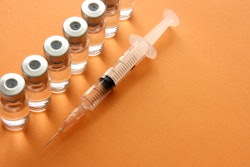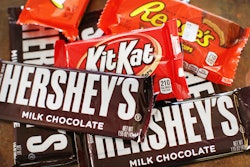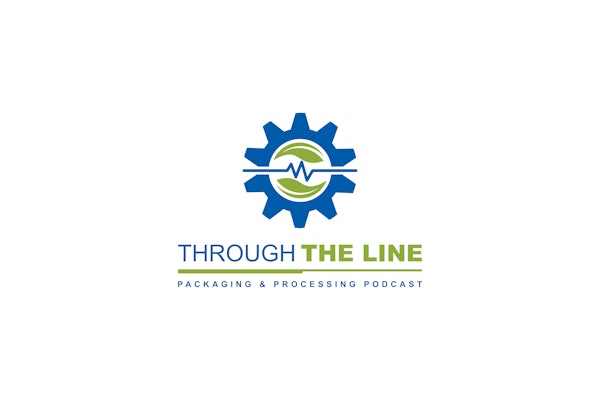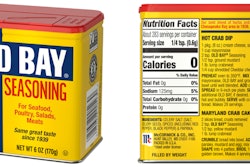
Here’s one type of activity that was traditional: The agency has been slapping down phony drug products. The moment the COVID-19 pandemic hit the scene, dietary supplement products claiming to cure or prevent the virus started to be offered for sale, and immediately FDA and the Federal Trade Commission started making a regular habit of issuing stern warnings to the makers of the products. FDA already has issued such warning letters to almost 70 different companies. The companies, for example, make unproven claims on product labels or on websites selling the products. They claim the products can prevent or cure COVID-19 or other diseases. The agencies alleged that that the companies’ false labeling and advertising claims render the products drugs, and unapproved drugs to boot. Currently, there is no drug that’s been proven to prevent or cure COVID-19. FDA has also taken action against “testing kits and personal protective equipment (PPE) sold online with unproven claims.”
Without knowing the specifics of each product, one suspects the COVID-19 cure purveyors, um, know that they don’t have proof of their claims. There have always been two kinds of targets for FDA enforcement actions. There are those FDA target companies that don’t have bad intent and are trying very hard to comply with all of the voluminous and sometimes-vague FDA requirements, but fall short. The vast majority of companies fall into this category, despite the big number of recipients of those warnings about labeling and advertising violations. And then there are those FDA target companies who aren’t trying to comply but are only trying to profit, and don’t seem to care whether they mislead the public in the process. Hold those thoughts, we’ll come back to them in a moment.
Separately from its warnings to makers of dubious COVID-19 products, FDA has been using its legal power to adjust its requirements in various ways when confronted with an emergency. For example, it’s been working with companies to help them quickly develop valid new drugs to treat, prevent, or cure COVID-19, and it’s been helping speed-to-market new diagnostic tests, masks, hand sanitizer, and other protective equipment and supplies, often by carving away some of the usual regulatory requirements that would otherwise have been required of the products or their makers.
FDA has been communicating regularly with the industries it regulates with advice about how food and other manufacturers can adjust to the new safety challenges the virus presents, and has also been explaining how the agency will adjust its own operations during the pandemic.
This pandemic-inspired theme of shaving away regulatory requirements fits nicely with the administration’s overall ideological approach. You may remember that the administration had already imposed a requirement that called on agencies to withdraw two regulations for each new one it makes, and it’s common to hear the president tout his administration’s reduction of "‘regulations," which he talks about as if they are viruses that are always worthy of being eliminated.

























